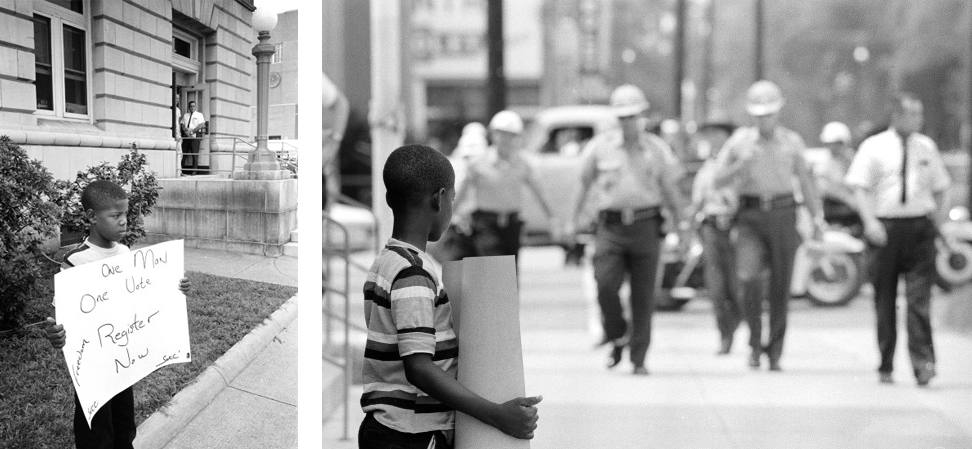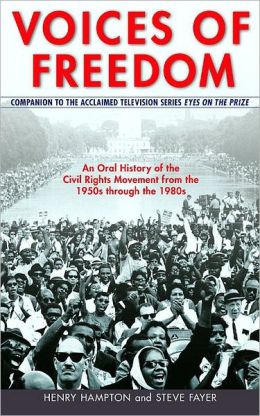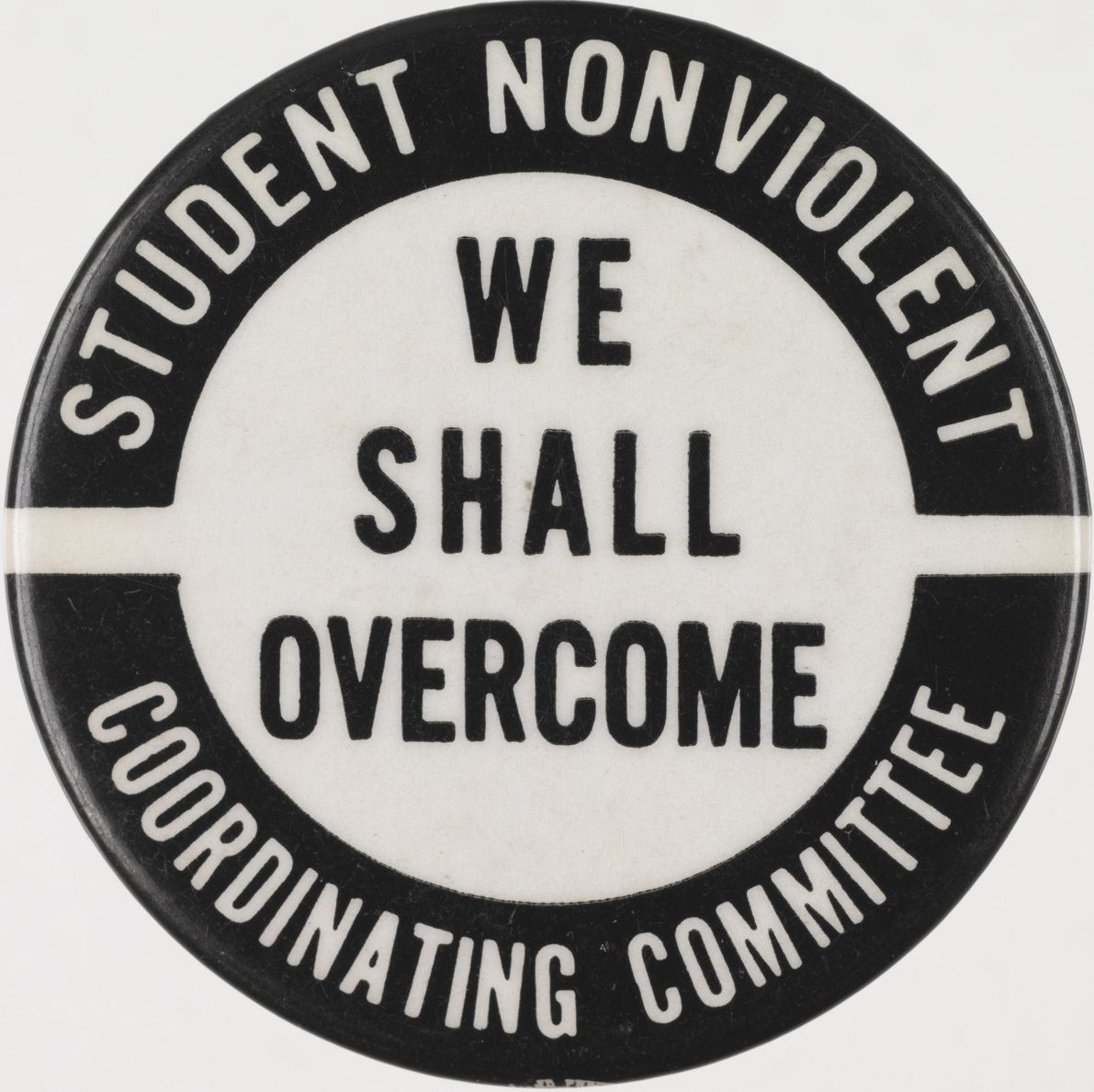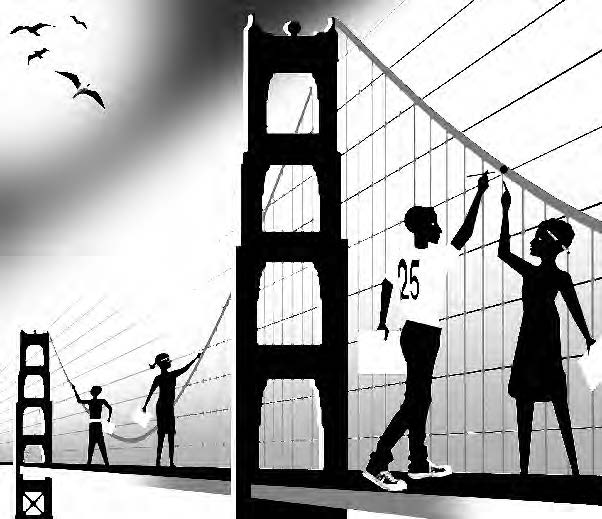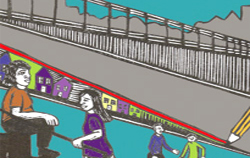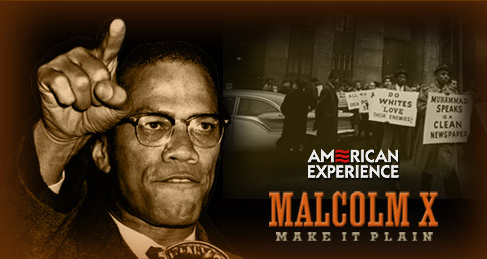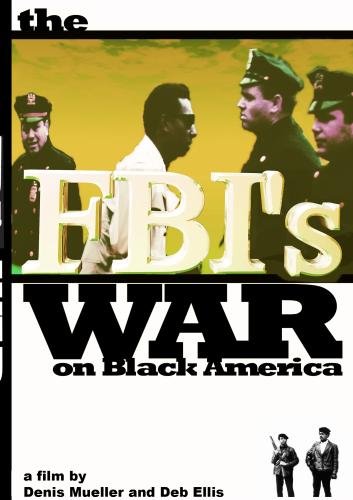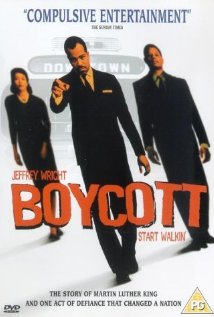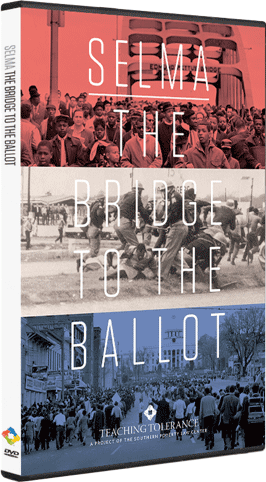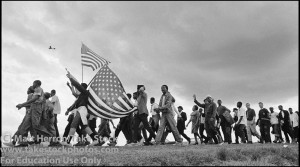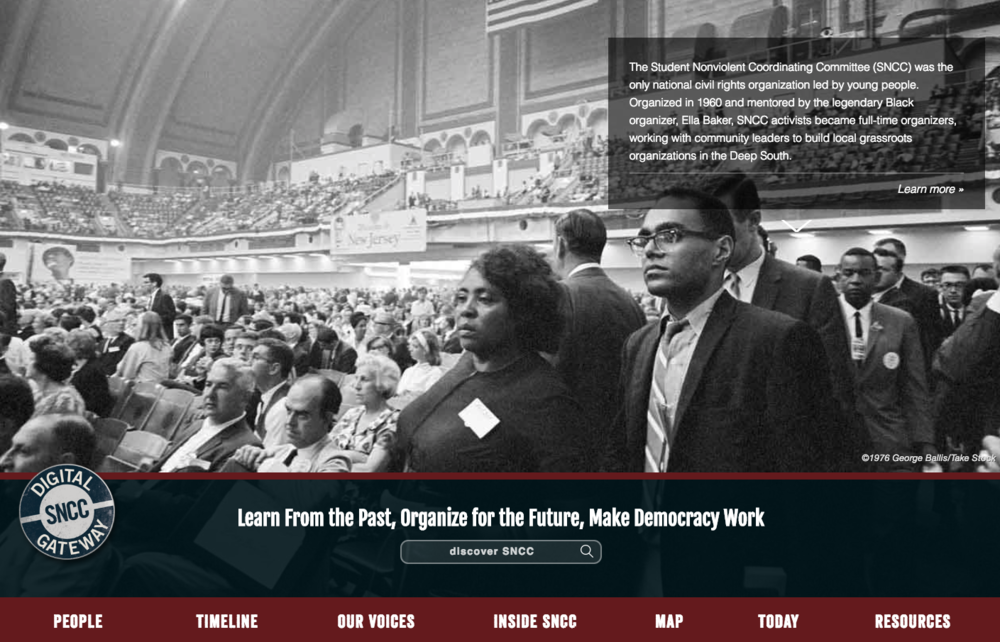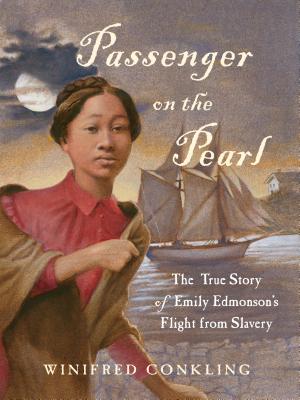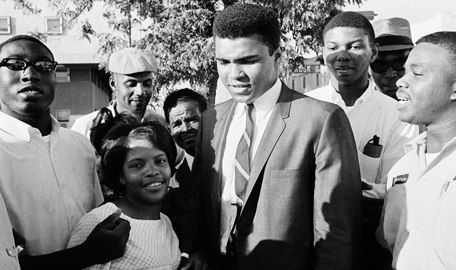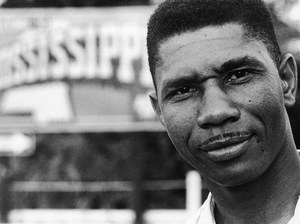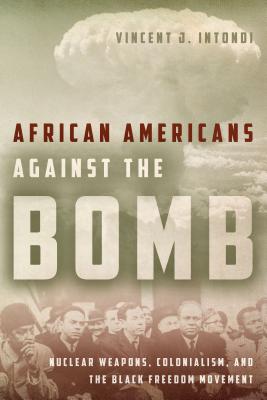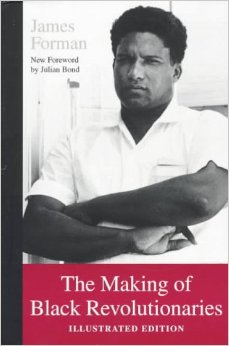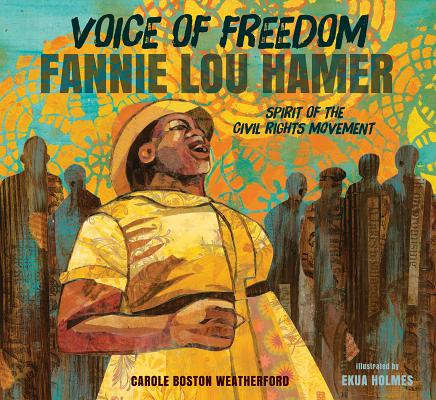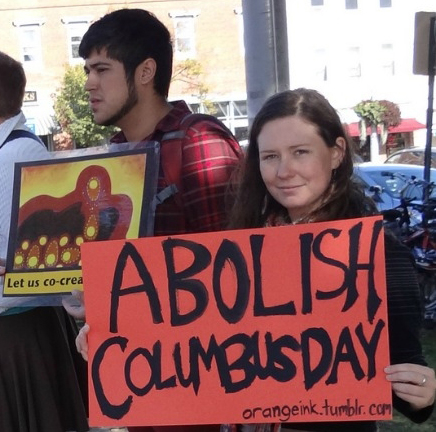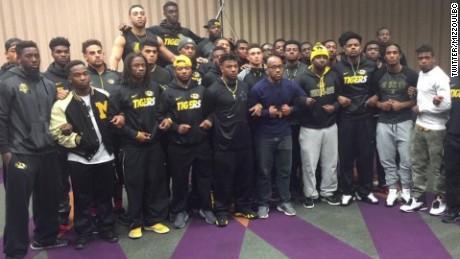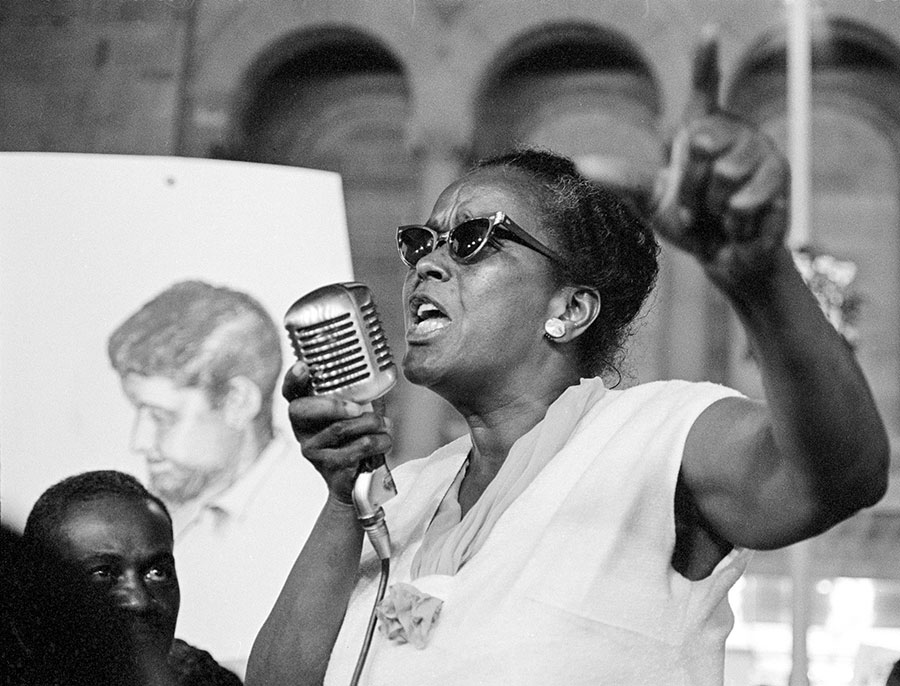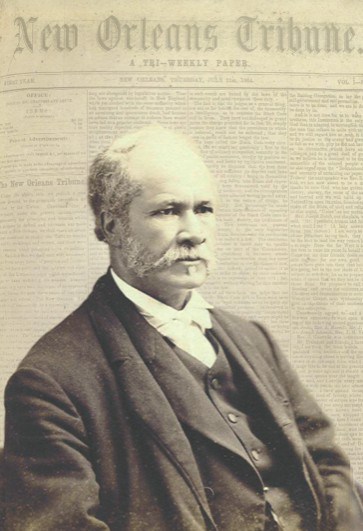Article. By Howard Zinn. Excerpt from Chapter 5 of You Can't Be Neutral on a Moving Train.
Howard Zinn’s first-hand account of Selma’s Freedom Day in 1963.
Continue reading
Book — Non-fiction. Henry Hampton and Steve Fayer. 1991. 692 pages.
Oral histories of the Civil Rights Movement spanning three decades.
Continue reading
Founding of the youth-led Civil Rights Movement organization, the Student Nonviolent Coordinating Committee.
Continue reading
Teaching Activity. By Adam Renner, Bridget Brew, and Crystal Proctor. Rethinking Schools. 5 pages.
An article describing how math teachers in a San Francisco high school shed light on the ways economics and racism affect education, housing, and job opportunities.
Continue reading
Teaching Activity. By Katharine Johnson. Rethinking Schools. 10 pages.
An elementary school teacher introduces the history of redlining through a role play designed for 1st and 2nd graders.
Continue reading
Teaching Activity. By Linda Christensen. Rethinking Schools. 9 pages.
Teaching about patterns of displacement and wealth inequality through the history of Palo Verde, La Loma, and Bishop communities and the building of Dodger Stadium.
Continue reading
Film. Written by Steve Fayer and Orlando Bagwell. 1994. 138 minutes.
Documentary film on the life and words of Malcolm X/ El-Hajj Malik El-Shabazz.
Continue reading
Book — Non-fiction. Edited by William Sturkey and Jon N. Hale. 2015. 176 pages.
A collection and examination of the creative literary work of students published during 1964 Freedom Summer in Mississippi.
Continue reading
Film. By Deb Ellis and Denis Mueller. 1990. 47 minutes.
Documentary of people targeted by the FBI's Counter Intelligence Program (COINTELPRO) in the 1960s and 70s.
Continue reading
Film. By Clark Johnson. 2001. 120 minutes.
Dramatic account of the Montgomery Bus Boycott.
Continue reading
Film. Produced by Bill Brummel. Learning for Justice. 2015. 40 minutes.
Documentary about the students and teachers of Selma, Alabama who fought for voting rights.
Continue reading
Teaching Activity. Teaching for Change. 2015. 20 pages.
Introductory lesson on key people and events in the long history of the Selma freedom movement.
Continue reading
Digital collection. Historical materials, profiles, timeline, map, and stories on SNCC’s voting rights organizing.
Continue reading
Book — Non-fiction. By Winifred Conkling. 2015. 176 pages.
Young adult biography about Emily Edmonson who was one of 77 who attempted to escape slavery in Washington, D.C.
Continue reading
Muhammad Ali was convicted for refusing induction in the U.S. armed forces.
Continue reading
Medgar Evers, WWII veteran and civil rights activist, was murdered by a white supremacist in Jackson, Mississippi.
Continue reading
Article. By Emilye Crosby and Judy Richardson. 2015.
Key points in the history of the 1965 Voting Rights Act missing from most textbooks.
Continue reading
Book — Non-fiction. By Vincent Intondi. 2015. 224 pages.
History of Black activists who fought for nuclear disarmament.
Teaching Activity by Vincent Intondi
Continue reading
Digital Collection. Produced by John T. Edge and the Southern Foodways Alliance; directed by Kate Medley.
Five short films that document the civil disobedience staged at segregated lunch counters in the 1950s and 60s.
Continue reading
Book — Non-fiction. By James Forman. 1997. 608 pages.
Detailed description of the Civil Rights Movement by one of the central leaders.
Teaching Activity by James Forman
Continue reading
Picture book. By Carole Boston Weatherford. Illustrated by Ekua Holmes. 2015. 45 pages.
Illustrated biography of Fannie Lou Hamer, activist for voting and economic rights from Mississippi.
Continue reading
Article. By Bill Bigelow. 2015. If We Knew Our History Series.
When the school curriculum celebrates Columbus, children are taught that it’s OK for white people to rule over peoples of color and that militarily powerful nations can bully weaker nations. By his own account, Columbus enslaved people, destroyed cultures, and terrorized those who challenged his rule. It’s time to abolish Columbus Day.
Continue reading
Article. By Dave Zirin. 2015.
The protest by the University of Missouri football team placed in the context of a long history of activism by college athletes.
Continue reading
Born on this day, Ella Baker was a civil rights and human rights activist beginning in the 1930s whose career spanned more than five decades.
Continue reading
Digital collection. The work of Dr. Louis Charles Roudanez, founder of the first Black daily newspaper in the U.S., the New Orleans Tribune, with articles, excerpts, videos, and a timeline.
Continue reading

